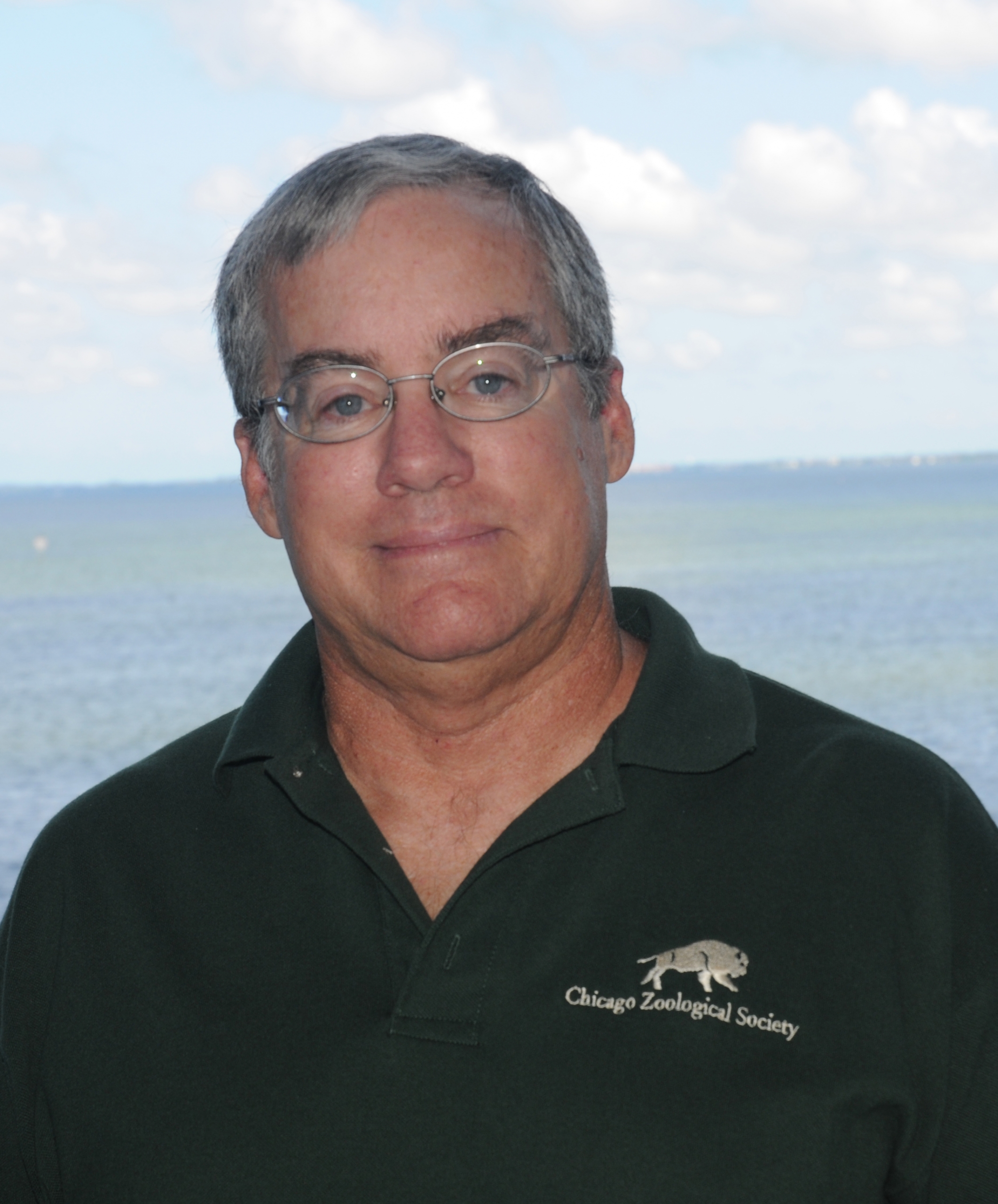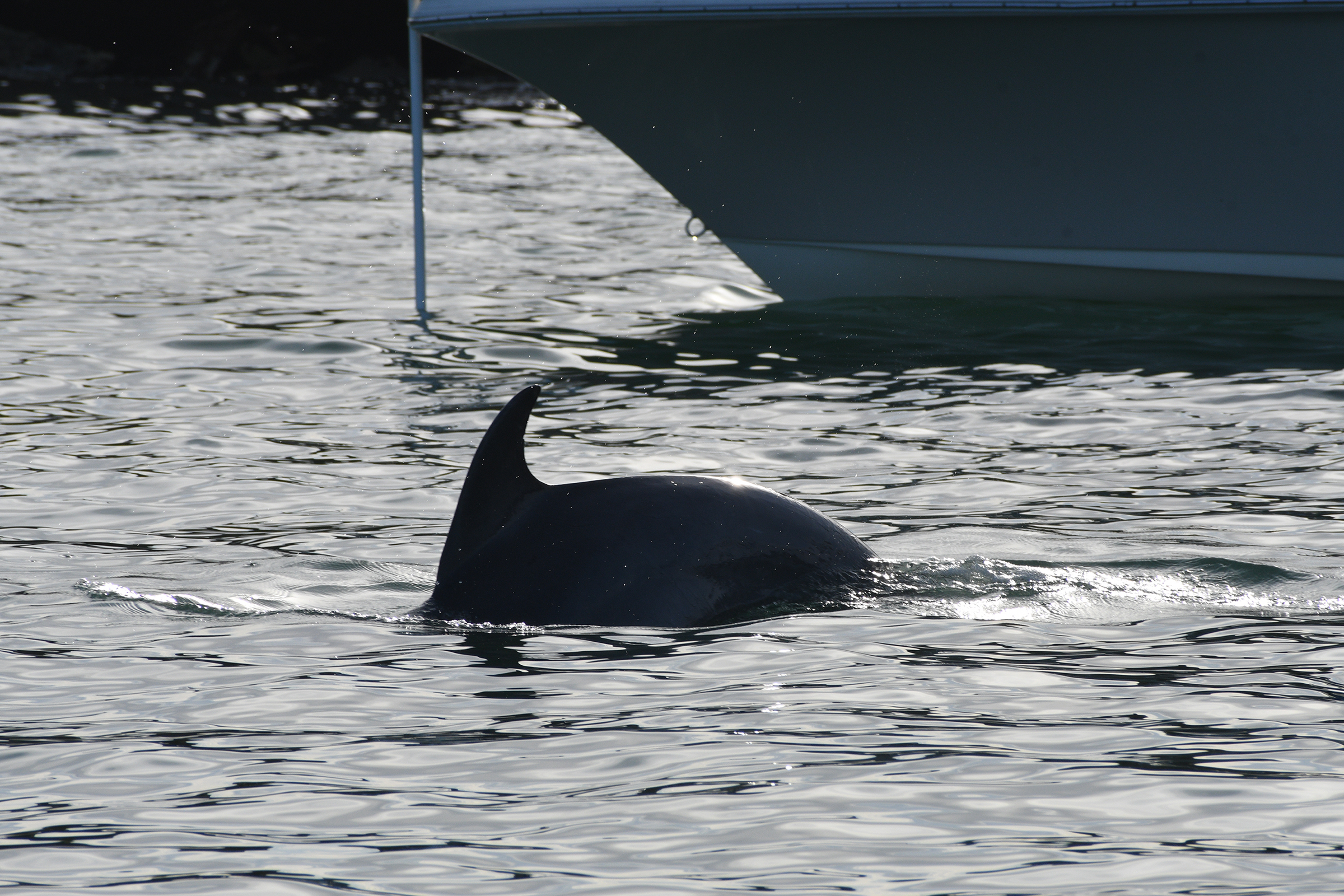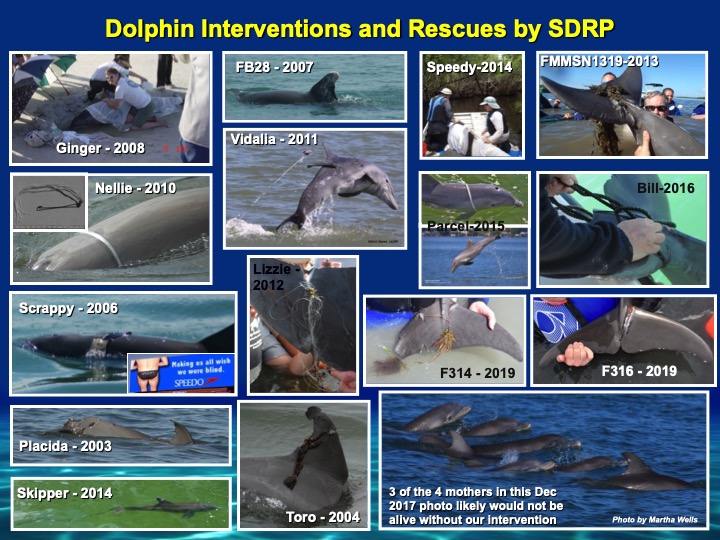We Can All Protect Dolphins from Negative Human Interactions
This spring, we saw several negative interactions between humans and dolphins — for instance,  dolphins patrolling or stalking fishing boats looking for an easy meal. And, on March 24, a female dolphin washed up dead on Fort Myers Beach. A necropsy (animal autopsy) by Florida’s Fish and Wildlife Conservation Commission showed that the dolphin — a nursing mother — had an injury from a spear-like instrument above her right eye that killed her. FWC staff surmise that the mother was begging when she was injured.
dolphins patrolling or stalking fishing boats looking for an easy meal. And, on March 24, a female dolphin washed up dead on Fort Myers Beach. A necropsy (animal autopsy) by Florida’s Fish and Wildlife Conservation Commission showed that the dolphin — a nursing mother — had an injury from a spear-like instrument above her right eye that killed her. FWC staff surmise that the mother was begging when she was injured.
Thanks to our partners at Mote Marine Laboratory’s Stranding Investigations Program (SIP) — which helps us identify and analyze the causes of death for Sarasota Bay dolphins — we know that the one of the main causes of dolphin deaths is related to human actions.
Between 1985 and 2020, SIP documented the deaths of 115 resident dolphins and identified a cause of death in 94 of the cases. Gretchen Lovewell, the Program’s Manager, reports that:
- 26% (24 of 94) of the resident dolphins examined died due to impacts from humans, with nearly half of the deaths occurring during summer months.
- Interactions with fishing gear are the most common human-related mortality and accounted for 79% (19 of 24) of all human interactions.
- Fishery interactions accounted for the highest overall number of any known cause of death.
- Dolphins typically died when they became entangled in, hooked by, or ingested fishing gear.
- Four dolphins were killed by vessel strikes.

Dolphin 1092 is the second calf of F109 and comes from a long line of dolphins that engage in bad feeding habits. In this image, 1092 is with her calf patrolling, or stalking, a fishing boat, hoping for an easy meal.
- You can help. Simply visit https://dolphin.report/login.php from any web browser and the site will guide you through making a simple report. You can also email us at reportadolphin@mote.org with questions before you register.





